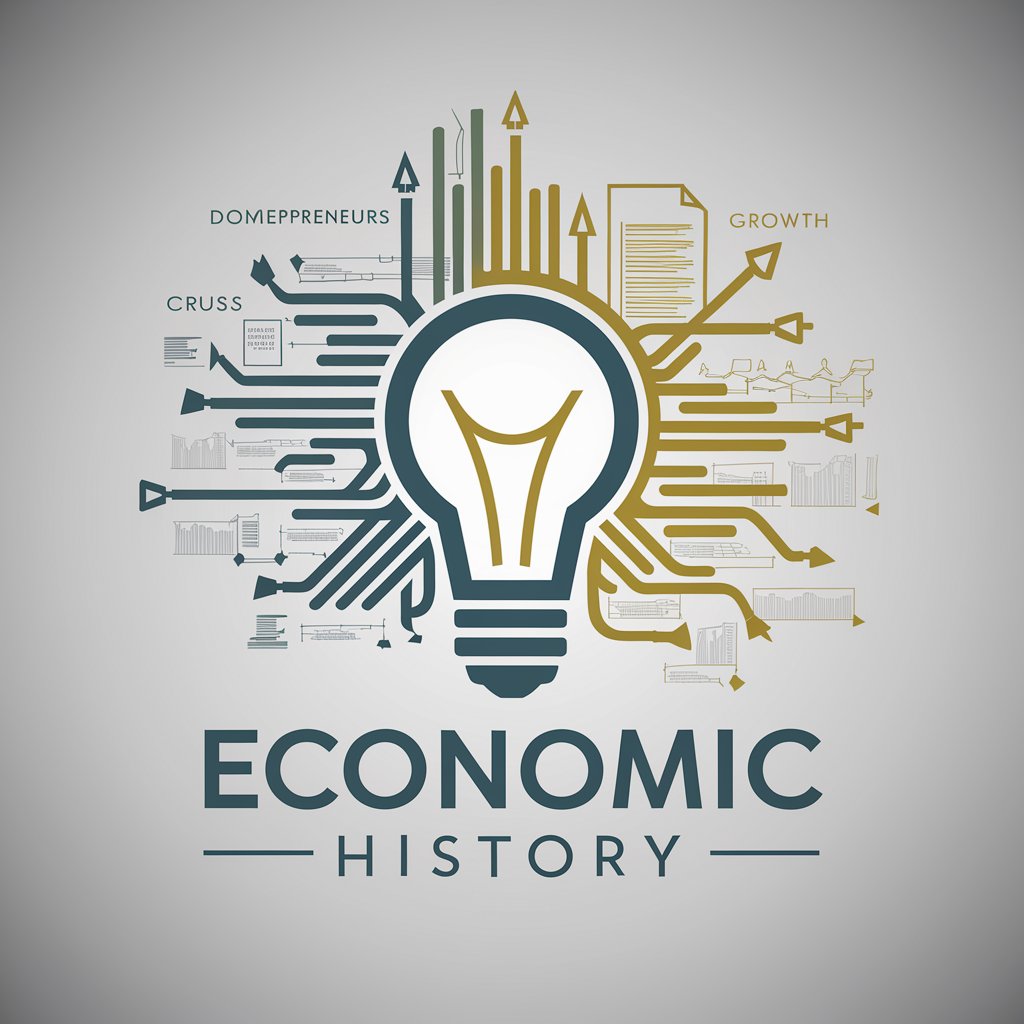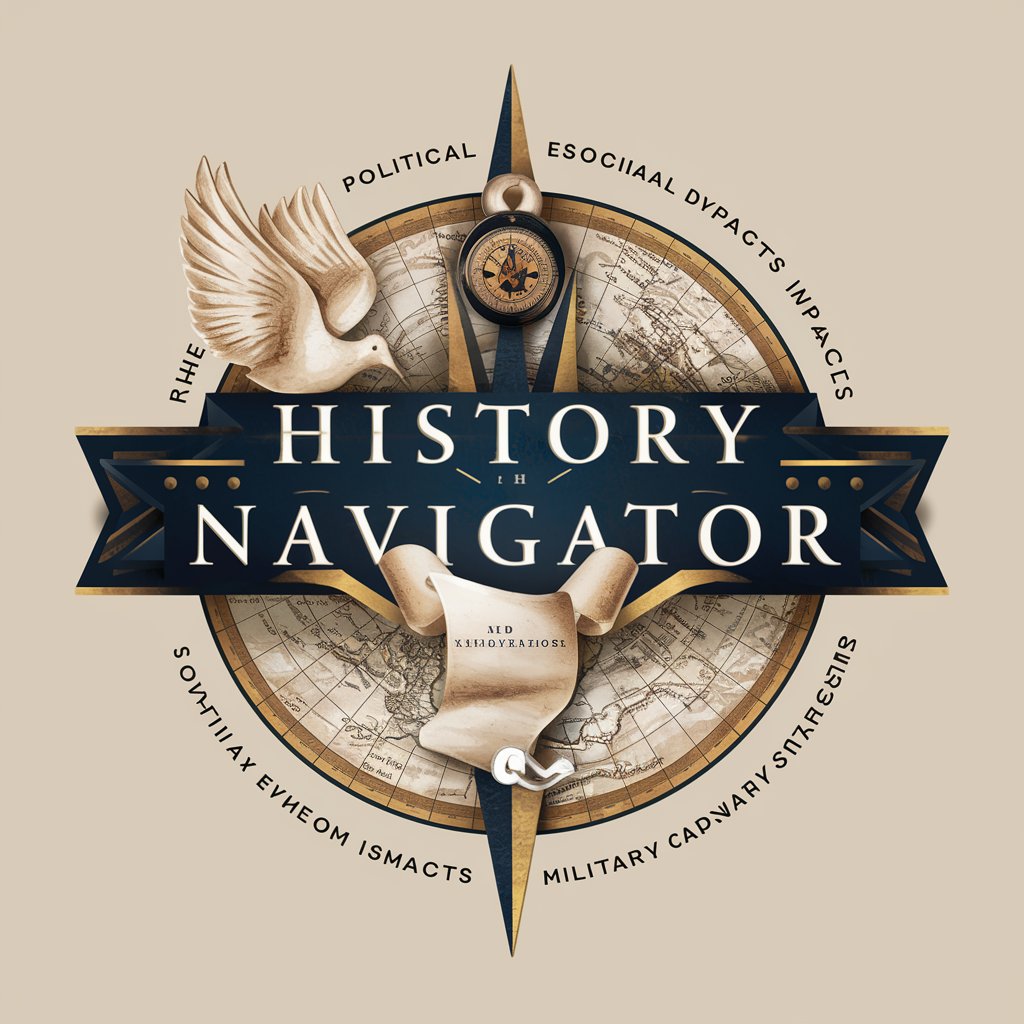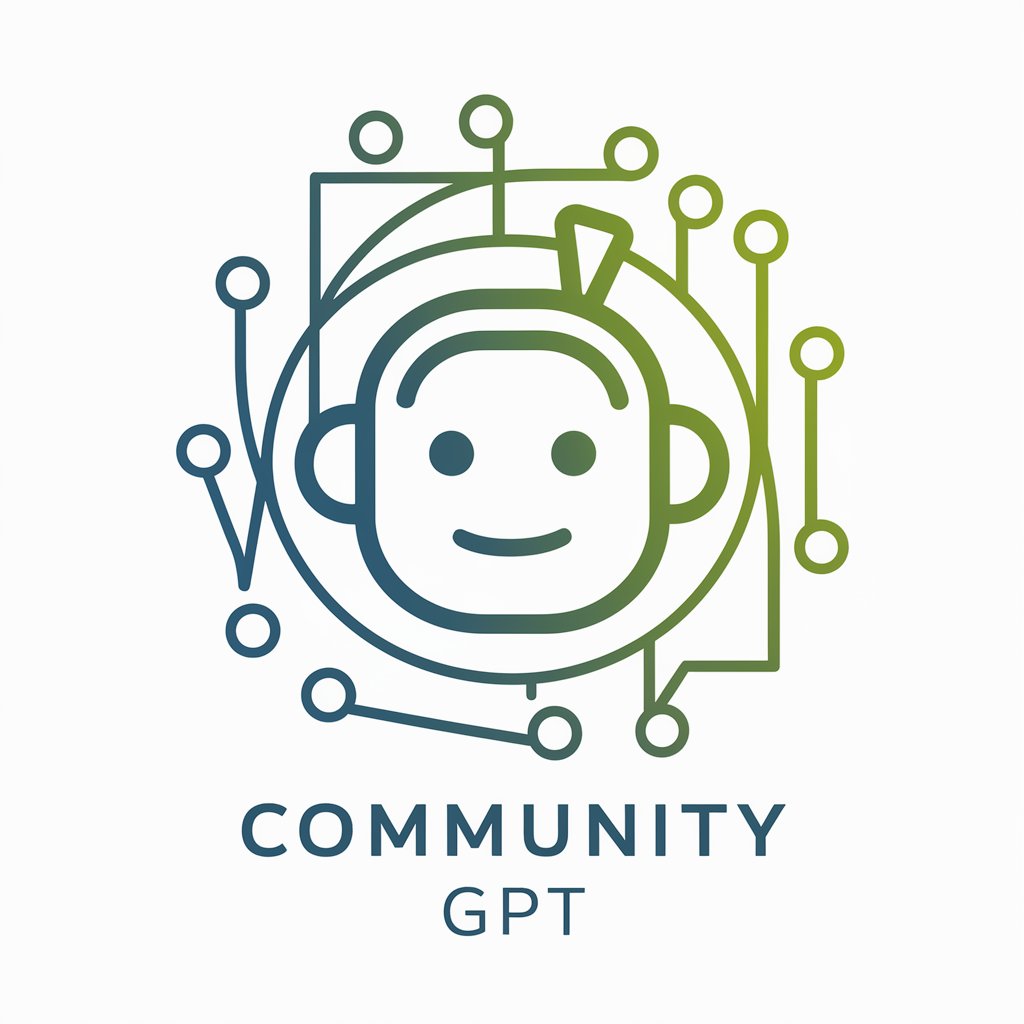Economic History - Historical Economic Insights

Welcome! Let's explore the fascinating world of economic history together.
Unlocking the past for future insights
Discuss the impact of entrepreneurs on economic development by analyzing historical case studies.
Examine the evolution of business models from the 15th century to the modern era.
Analyze the role of key business figures in the industrialization of Spain.
Investigate the influence of financial institutions on entrepreneurial success in historical contexts.
Get Embed Code
Overview of Economic History
Economic History is a specialized version of ChatGPT, designed to assist with information related to companies and entrepreneurs. It focuses on providing detailed insights, analysis, and summaries relevant to economic history, including the development, growth, and strategies of companies and the stories of entrepreneurs who lead them. For instance, Economic History can delve into the founding of Ford Motor Company by Henry Ford, illustrating how his introduction of assembly line production revolutionized not just automobile manufacturing but also set a precedent for mass production techniques worldwide. Powered by ChatGPT-4o。

Core Functions of Economic History
Analysis of Company Histories
Example
Economic History can dissect the evolution of companies like Apple Inc., detailing its journey from a garage startup to a global technology leader. This involves discussing key product launches, leadership changes, and market strategy shifts.
Scenario
A user researching the impact of innovation on company growth could use Economic History to understand how Apple's focus on design and user experience fueled its success.
Insights on Entrepreneurial Journeys
Example
It can provide in-depth narratives of entrepreneurs like Elon Musk, outlining their contributions, challenges, and the strategies they employed to navigate business hurdles.
Scenario
A student studying entrepreneurship could leverage Economic History to gain insights into Musk's risk-taking and problem-solving approaches, applying these lessons to their own entrepreneurial projects.
Economic Trend Analysis
Example
Economic History can analyze trends such as the rise of e-commerce, detailing how companies like Amazon transformed retail and influenced global trade patterns.
Scenario
Market analysts could use Economic History to examine the factors driving the e-commerce boom and predict future shifts in consumer behavior and retail strategies.
Who Benefits from Economic History?
Academic Researchers
Students and professors in fields like business, economics, and history, seeking comprehensive analyses of companies, industries, and economic phenomena to support their research, papers, or coursework.
Business Professionals
Entrepreneurs, executives, and business analysts looking for detailed case studies, competitive analyses, and historical insights to inform strategy development, decision-making, and market understanding.
General Enthusiasts
Individuals with a keen interest in the history of technology, entrepreneurship, and business evolution, aiming to broaden their knowledge and understanding of how companies and industries have shaped the modern economic landscape.

Using Economic History Effectively
1
Start with a free trial at yeschat.ai, no login or ChatGPT Plus required.
2
Identify your research question or topic of interest related to economic history, such as a specific company, entrepreneur, or economic trend.
3
Utilize specific keywords or questions when interacting with the tool to get the most accurate and detailed information.
4
Review the provided insights and data critically, considering the context and source material.
5
Apply the insights gained in your academic research, business analysis, or content creation, enhancing your work with historical economic perspectives.
Try other advanced and practical GPTs
History Navigator
Bringing History to Life with AI

History Helper
Empowering Your Historical Curiosity with AI

History Explorer
Bringing history to life with AI

PILOT PILOT
Elevate Your Tasks with AI Power

Next.js App Router Assistant
Empowering Next.js Routing with AI

Next.js
Empower development with AI-driven Next.js insights.

History
Bringing History to Life with AI

Community
Enhancing Interaction with AI Power

Community Manager
Empower Your LinkedIn with AI

Community Explorer
Empowering exploration with AI-driven community insights.

Recommerce Community
Empowering regenerative commerce with AI

Community Expert
Empowering Communities with AI

Frequently Asked Questions about Economic History
What types of data can Economic History provide?
It offers detailed insights into companies, entrepreneurs, market trends, economic policies, and their historical context, leveraging a vast database of historical economic information.
How can Economic History assist in academic research?
It aids researchers by providing detailed historical data, helping to identify trends, understand the economic impact of certain events, and provide context for economic theories.
Can Economic History help in market analysis?
Yes, it can provide historical market data, insights into the evolution of industries, and the impact of economic policies on market trends, aiding in more informed decision-making.
Is Economic History suitable for teaching purposes?
Absolutely, it can serve as a resource for educators to bring historical economic data and analysis into the classroom, enriching students' learning experience.
How does Economic History stay current with new data?
While primarily focused on historical data, it periodically updates its database with new research and findings to ensure the information remains relevant and accurate.
